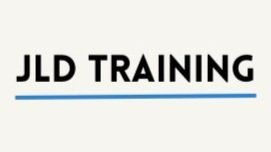Banksman Training Course
Banksman training courses are designed to provide individuals with the skills and knowledge needed to safely guide and direct vehicle movements on construction sites, industrial facilities, or any area where vehicle maneuvering is required. A banksman, also known as a signaler or marshaller, plays a crucial role in ensuring the safe movement of vehicles and preventing accidents. Banksman training is essential for promoting safety on construction sites and other workplaces where vehicle movements are prevalent.
Course Content:
Roles and Responsibilities:
Understanding the role and responsibilities of a banksman, including communication with drivers and ensuring safe vehicle movements.
Safety Procedures:
Emphasizing safety protocols specific to banksman duties, including the use of hand signals, maintaining visibility, and awareness of potential hazards.
Communication Skills:
Developing effective communication skills to convey clear and precise instructions to vehicle operators.
Site Awareness:
Understanding the layout of the site, potential hazards, and the safe zones for vehicle maneuvers.
Risk Assessment:
Conducting risk assessments for vehicle movements and implementing strategies to mitigate potential dangers.
Hand Signals:
Learning and using standardised hand signals for guiding and directing vehicle movements safely.
Use of Communication Devices:
Familiarisation with the use of communication devices, such as radios, to maintain contact with vehicle operators.
Emergency Procedures:
Training on responding to emergency situations, including stopping vehicle movements quickly and efficiently.
Regulatory Compliance:
Understanding and compliance with relevant occupational health and safety regulations related to banksman responsibilities.
Certification:
Successful completion of the banksman training course will lead to the issuance of a certification, indicating that the individual is competent enough to work as a banksman.
Duration:
The duration of banksman training courses can vary but generally cover both theoretical and practical aspects to ensure a comprehensive understanding of the role.



